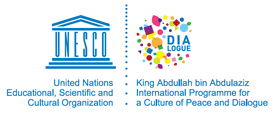INTRO
“Everyone has the right to freedom of opinion and expression; this right includes freedom to hold opinions without interference and to seek, receive and impart information and ideas through any media and regardless of frontiers.”
–Article 19 of the Universal Declaration of Human Rights
Collaborate in the work of advancing the mutual knowledge and understanding of peoples, through all means of mass communication and to that end recommend such international agreements as may be necessary to promote the free flow of ideas by word and image.”
–Article I The Constitution of UNESCO
We know that freedom of expression is a crucial element in democracy, development and dialogue–without which none of these would function or flourish. Freedom of expression is a universal right to be enjoyed by all. Everyone has the right to freedom of opinion and expression; this right includes freedom to hold opinions without interference and to seek, receive and impart information and ideas through any media and regardless of frontiers as declared in Universal Declaration of Human Rights.
UNESCO is the United Nations agency with the specialized mandate to promote freedom of expression and its corollary freedom of the press and freedom of information. Over the decades, UNESCO has labored to promote these fundamental human rights across the globe, amongst practicing media professionals, policy makers, politicians, governments, non‐governmental organizations, academia, and more. The Freedom of Expression Toolkit: A Guide to the Concepts and Issues is a continuation of this ongoing effort.

